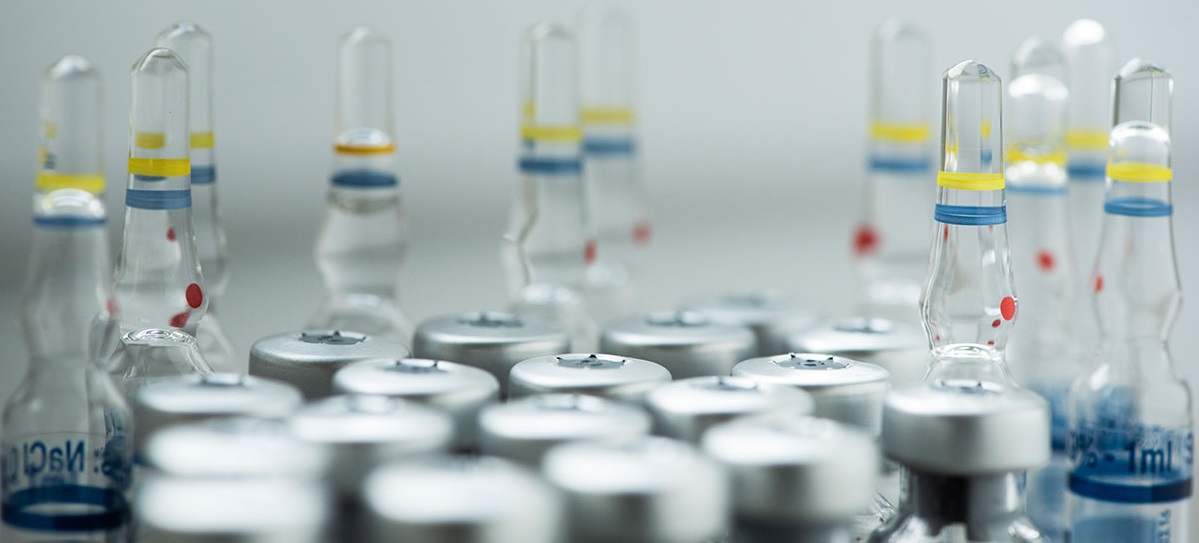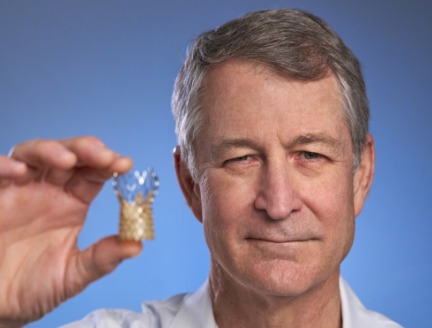


Clinical Research
Remdesivir Proves Promising
Antiviral drug trial sees fast improvement for Houston Methodist patients

Houston Methodist was the fifth site in the U.S. to join the Remdesivir clinical trials, and the first site in Houston.
COVID-19 patients in clinical trials at Houston Methodist Hospital have responded quickly to the antiviral drug Remdesivir. Early trial results suggest a faster rate of recovery with Remdesivir.
One of the most challenging aspects of COVID-19 is that it makes copies of itself after finding its way into the body. It then begins to take over, sending a patient into respiratory distress and ultimately in need of intubation if not stopped early enough. Remdesivir has demonstrated a potent ability to inhibit this viral replication in human cells and is being administered in clinical trials and compassionate use cases of patients with the SARS-CoV-2 virus that causes COVID-19.
Houston Methodist was the first clinical trial site in Houston to test this investigational drug. Working with pharmaceutical company Gilead Sciences, Remdesivir’s manufacturer and sponsor of the studies, Houston Methodist Hospital was the fifth site in the U.S. to join the clinical trials. It began enrolling and treating patients in mid-March. Initially, five patients received early access to Remdesivir on a compassionate use basis. By the end of May, 98 patients had been enrolled in the clinical trial.

Infectious diseases experts Kevin Grimes, MD, and Katherine K. Perez, PharmD, collaborated with pharmaceutical company Gilead Sciences to develop the clinical trial.
The two Phase 3 clinical trials at Houston Methodist are randomized, open-label, multicenter studies to evaluate the safety and efficacy of Remdesivir. One study tests either a 5-day or 10-day Remdesivir treatment for patients with moderate COVID-19. The second study evaluates a 10-day course of Remdesivir for patients with severe COVID-19, including those on mechanical ventilation. Infectious diseases experts who are leading efforts for both clinical trials at Houston Methodist have been encouraged by the results.
Early results are promising. Much of what we are learning about COVID-19 management is centered around preventing quick deterioration. Timing is everything. I can’t say for certain they would have been intubated otherwise, but it’s encouraging .

Katherine K. Perez, PharmD, BCPS-AQ ID
Assistant Professor of Allied Health Sciences
Department of Pharmacy
Department of Pathology & Genomic Medicine
Houston Methodist
Kevin A. Grimes, MD, assistant professor of clinical medicine, Department of Medicine, agrees that acting quickly is critical. The crucial turning point that makes COVID-19 become deadly is due to an extreme inflammatory response in the lungs. The patient's own immune system becomes hyperactive, going into overdrive and doing more harm than good by destroying cells in the lungs.
"If given early enough, we hope that Remdesivir interferes with the virus and blocks its ability to replicate in patients’ cell. The goal is that it staves off the deadly inflammatory cascade that leads to respiratory failure and the need to be intubated and put on a ventilator,” said Grimes.
A broad-spectrum antiviral drug, Remdesivir was originally developed to treat Ebola more than a decade ago. Known to be generally safe in humans and backed by a large body of preclinical research, a number of studies have shown it to be successful in stopping SARS and MERS, the viral cousins of the new coronavirus strain.
On April 29, 2020, the NIH reported results from the multi-site clinical trial. It showed that patients with advanced COVID-19 and lung involvement who received Remdesivir recovered faster than similar patients who received placebo. According to preliminary data from the randomized, controlled trial involving 1,063 patients in 68 sites, patients who received Remdesivir had a 31% faster time to recovery. (The median time to recovery was 11 days for patients treated with Remdesivir compared with 15 days for those who received placebo.) Results also suggested a survival benefit, with an 8% mortality rate for the group receiving Remdesivir versus 11.6% for the placebo group.
Early reports suggest that patients treated with Remdesivir had a faster time to recovery and a possible survival benefit.
Lisa Merkl, April 2020







